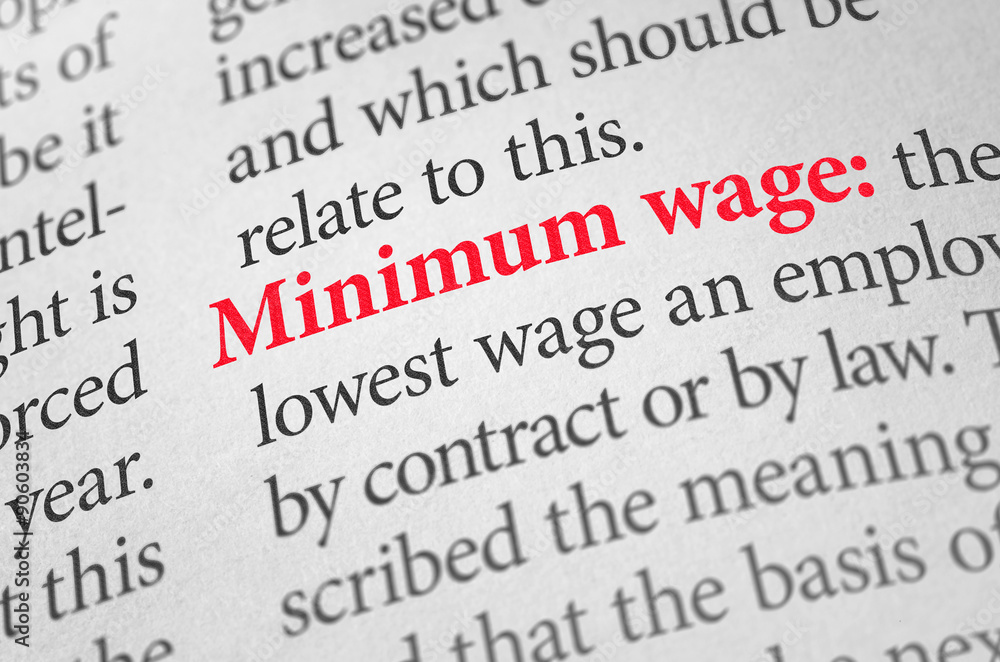- 10 Aug 2021
- •
- 2 min read
Employment Alert – Employers who fail to pay minimum wage ‘named and shamed’

The government has published a list of 191 employers who have failed to pay their workers the national minimum wage.
The Government regularly publishes this list to ‘name and shame’ businesses with a view to acting as an incentive to employers to ensure that staff are paid correctly. The list includes some very well-known companies.
Why is this important?
The inclusion of reputable big-name employers shows that almost any organisation can fall foul of national minimum wage law.
Few employers would deliberately set out to pay less than the minimum wage and, in fact some of these breaches may have come about as the result of a mistake or lack of understanding of the rules. For example, deductions may need to be made for uniform costs or for workplace accommodation, which could take a worker’s pay below the minimum wage. Another common mistake made by employers is failing to account for all overtime worked. There also seems to be some confusion over apprenticeship payment rates, as this makes up a significant proportion of those being underpaid.
What all employers should be clear on is that the reason for a failure to pay the minimum wage is irrelevant, and so it’s their responsibility to ensure that the wages are paid correctly.
In addition to being ‘named and shamed’ by the government, employers who fail to pay the minimum wage would be required to pay back any shortfall in wages and are also likely to face financial penalties of up to £20,000 per worker.
What should you do?
- Carry out a review of wages for any staff who are paid at or close to the minimum wage. This requires you to work out which category the worker falls into and ensure any deductions are applied correctly.
- Ensure all deductions are properly documented to ensure that this does not take any worker’s wages below the minimum wage.
- If you have any apprentices, ensure are familiar with the rules relating to payment for training days and ensure you move them onto the normal worker rate after the apprenticeship ends.
- If you become aware of any potential breaches, take advice as quickly as possible to avoid the issue escalating.
If you need more information please contact us on 0800 2800 421 or email [email protected] to find out how we can help.





